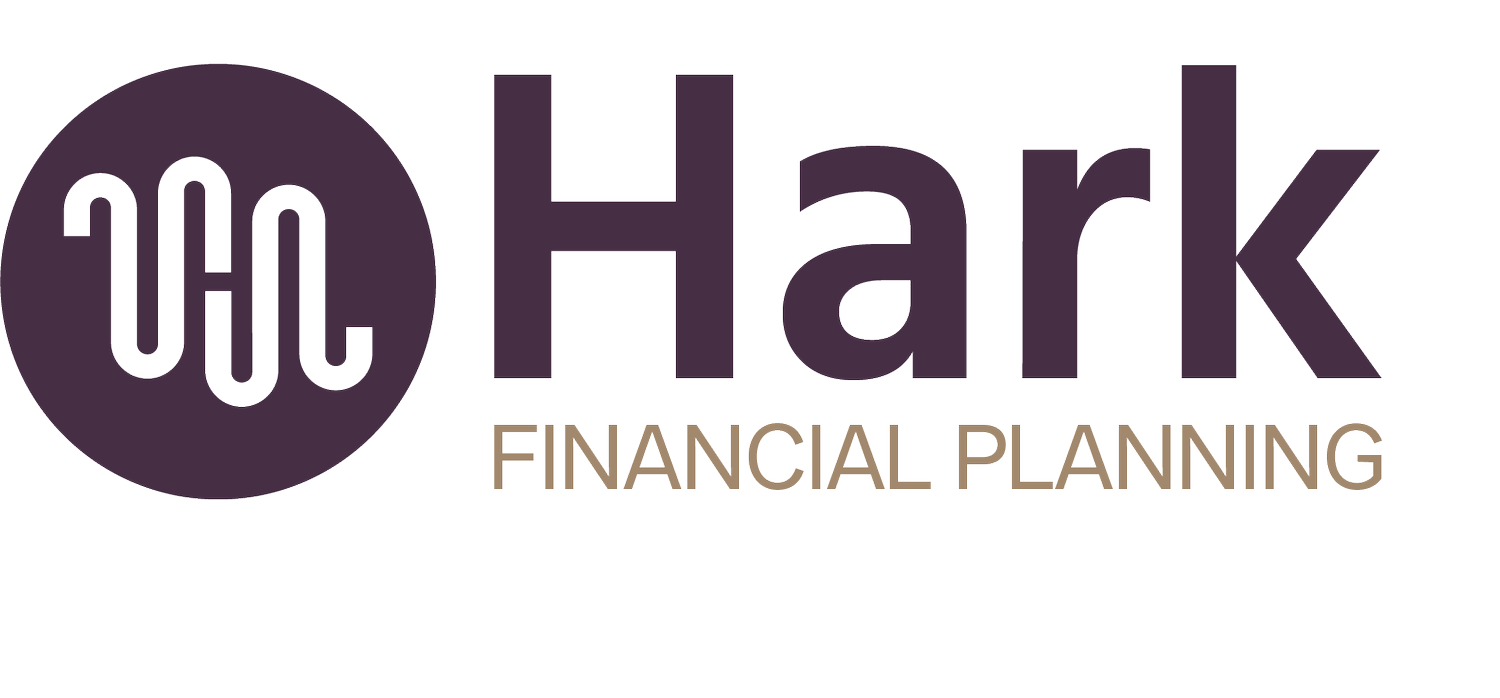How to Prepare for Potential Recessions as a Law Partner or Self-Employed Lawyer
It’s not your imagination—economic headlines have been intense lately. Between inflation spikes, market swings, interest rate shifts, and global instability, many high-income professionals are wondering: Am I ready if a recession hits?
If you’re a law partner or self-employed attorney, you already know your financial world is a little different. You may not have a predictable W-2 income, your tax bill fluctuates year to year, and your retirement planning isn’t necissarily straightforward as maxing out a 401(k).
So how do you prepare for economic uncertainty when you’re already balancing an unpredictable income and complex financial needs?
Let’s walk through a few ways to build resilience into your finances—without panicking or overreacting.
1. Strengthen Your Cash Reserves
If your income is tied to firm profits or client billing cycles, even a slight downturn can cause major disruption. That’s why your emergency fund needs to be more than the usual 3–6 months.
Aim for at least 6–12 months of essential expenses—or more if your income is highly variable. That way, if cash flow slows down, you’re not forced to take on debt or make rushed financial decisions.
Pro tip: Keep business and personal reserves separate. Your business may need its own “rainy day” fund.
2. Don’t Pause Retirement, Reframe It
When markets get shaky, the instinct is often to pause retirement contributions “until things settle down.” But here’s the catch: market dips are when investments go on sale so stick to the plan.
If you’re using a Solo 401(k) or SEP IRA, stay the course with contributions if cash flow allows. And if your income is lower this year, it might be a great time to consider Roth conversions or other long-term tax strategies.
3. Review Your Expenses, But Don’t Slash Without a Plan
Yes, it’s smart to review spending when the economy feels tight. But as a high-achieving professional, the goal isn’t just to cut—it's to be strategic.
Ask:
Are there recurring business expenses I no longer need?
Is my personal spending aligned with what I truly value?
Could I negotiate better rates (think: software, subscriptions, insurance)?
4. Get Serious About Tax Strategy
Uncertainty makes it even more important to be intentional with tax planning. A smart tax strategy can free up cash, reduce surprises, and help you stay flexible.
Now is a great time to:
Reevaluate your estimated tax payments
Look at last-minute deductions or deferral opportunities
Explore entity structure options if you're self-employed
Your financial plan should help you adapt—not just react—when the economy shifts.
5. Diversify—and Not Just Your Investments
Most people hear “diversify” and think of their investment portfolio. But lawyers and business owners need to think more broadly.
What percentage of your income comes from one firm, one client base, or one service? Consider ways to:
Add new revenue streams (e.g., speaking, writing, consulting)
Build professional referral networks
Increase the predictability of your income through retainers or ongoing client relationships
Diversification isn’t just a portfolio strategy—it’s a business resilience strategy.
Don’t Panic, Plan
We’ve lived through enough “unprecedented times” to know that volatility is part of the deal. The best move isn’t to try and time the market or overhaul your whole financial life—it’s to build systems that flex with the economy, protect your peace of mind, and keep you moving toward long-term goals.
If you’re feeling uncertain about how a recession might impact your finances, let’s talk. We’ll build a strategy that fits your life, your practice, and your vision for the future—recession or not.
Need help creating your recession game plan?
Schedule a consultation with Hark Financial Planning and get expert guidance tailored to law firm partners and self-employed lawyers.

